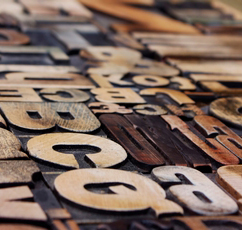Wasted Words is a series of musings on language and usage by editor emeritus Wilf Popoff.
 I find it hard to edit without playing amateur psychologist. Why did the writer do this? Carelessness? Ignorance? Of course it can be either. Compared to editors writers are not as alert, which is why they need us. But this doesn’t tell the whole story.
I find it hard to edit without playing amateur psychologist. Why did the writer do this? Carelessness? Ignorance? Of course it can be either. Compared to editors writers are not as alert, which is why they need us. But this doesn’t tell the whole story.
Verbosity — usually a writer’s greatest fault — is also toughest to explain, unless payment is by the word. Text often can be cut by a quarter, uncovering prose both lucid and captivating. Why didn’t the writer do this?
Tautologies, the main casualties of editing, arouse my curiosity the most. I can blame future prospect on not knowing that prospect concerns only the future. Annals of history and current incumbent may be likewise explained, although writers should know words as well as editors do. But what about the persistent basic essentials or mix together and that banal and sinister free gift? These are common words needlessly paired in defiance of style. Reckless writing? Not necessarily.
Too many writers just lack confidence; not in themselves but in readers. They worry no one will get it if they simply say, “The essentials for camping are … ” In fact it’s verbiage that makes writing obscure, which is why I still don’t know the terms of my credit card contract.
The best writers know how to engage readers by compelling them to meet partway by filling in words and completing thoughts. Something like good poetry, although they avoid a poem’s ambiguity. Such writers are self-assured and trust their audience. They know the meaning of words and rarely waste one on a tautology.
Would I want all writers to be like this? My worst nightmare! I can’t imagine being denied the pleasure of spotting tautologies, or being deprived of earning a living.
Next post: “My Hit List”
Discover more from The Editors' Weekly
Subscribe to get the latest posts sent to your email.
